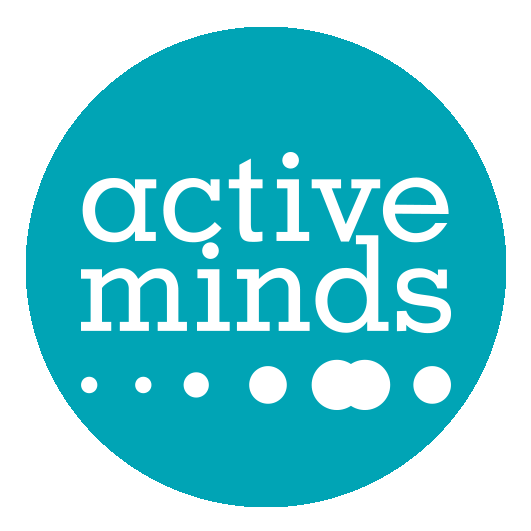Everyone has advice for you when you first go to college:
Avoid taking 8 am classes. Go to every class. Learn how to resolve conflicts with roommates. Don’t schedule more than an hour between classes. etc. etc.
Freshman year was hard for me. I had moved out of state, was going to a school where I didn’t know anyone, and had just been diagnosed with depression and anxiety, so I had to learn how to deal with that and seek treatment. It wasn’t easy, and I often wish someone had told me what in hindsight I now know. If I had the chance, here are some tips I would give to my freshman self to help her along:
On classes and studying
- Everyone is adjusting to college, just like you. You are not alone in this. It’s a new environment, embrace the challenge and adventure. Believe me, everyone is trying to figure it out at the same time.
- You’re not going to be able to study the same way you did in high school. That’s okay. There’s a learning curve to college, and your professors will understand that you’re adjusting. Don’t be hard on yourself and don’t feel pressured to get the same exact GPA you had in high school. Find a study spot and a study routine and stick to it. Get an agenda, write all of your due dates and exam dates in, and schedule time to read and do assignments. But also don’t be afraid to take a break and give yourself a mental health day. It’s all about balance; take care of yourself. Schedule an actual time to take breaks if you find it difficult to do on your own.
- Find resources on campus. Meet your professors and talk to them face to face, go to office hours (especially if you’re struggling), always go to exam reviews, start or find a study group, and meet people in your classes and exchange numbers in case you ever need to borrow notes or have a question about the content. If you’re struggling with a class, reach out and talk to your professor. There are so many resources on campus that you can use – tutoring, writing workshops, etc.
On becoming a part of the campus and exploring your new independence
- Enjoy your new independence, but don’t go overboard. Getting Taco Bell at 2 am with friends without having to ask your parents for permission is a pretty cool first experience, but doing it every night is probably a bad idea. Keep an eye out for free food events on campus, because there will be a lot of them. But don’t let that be your only source of food. Believe it or not, you can actually get sick of free pizza if you have it for every other meal.
- Go to all the resource and involvement fairs. You might find a really awesome club or organization you’ll want to join (for example, Active Minds) where you’ll meet like-minded people and make friends. Get involved but don’t overwhelm yourself. You’re still learning how to find balance. Find something you’re passionate about, commit to it, and don’t waste time doing something you don’t enjoy. If you don’t like being a part of an organization, leave it. Use the time you have in college to explore things you really love to make the most out of this opportunity and look back on your time with joy. Take interesting classes, try new things, explore.
On meeting new people
- Don’t let your anxiety keep you from having fun. It’s easy to stay in your room and not socialize, avoid meeting new people or hanging out with new friends. Enjoy time with friends, even when it’s hard to put yourself out there, and know your limits so you know when it’s time to self-care and recharge. You don’t have to try so hard to make friends. Take a breath, be yourself, and friends will come naturally.
- You won’t stay friends with everyone from high school. It’ll be hard, but don’t let that stress you out or make you feel bad. Remember that you’re going to meet new people and make new friends. Not everyone you meet freshman year will stay in your life, but those that do will stick with you for the next four (or five) years.
On taking care of yourself and finding support
- It’s okay to ask for help. Seek out help sooner rather than later — don’t wait until you’ve reached rock bottom. Find and build a support group of friends, family members, and professors. They care about you and want to be there for you in any way they can. Make sure you’re checking in with yourself, taking time to understand what you’re going through. Don’t worry when life doesn’t go the way you thought it would. Change is great, and things always work out.
- Find resources on campus, like the counseling center, disability center, etc. If you do see a counselor or a doctor, be honest with them. Let them know when something isn’t working, and work together to find the best treatment for you.
- It’s okay to feel lonely. It’s okay to not be okay. You don’t have to suffer alone; reach out for help. You are loved. You will change, and you will learn a lot about yourself. It’s kind of scary, but also amazing.




